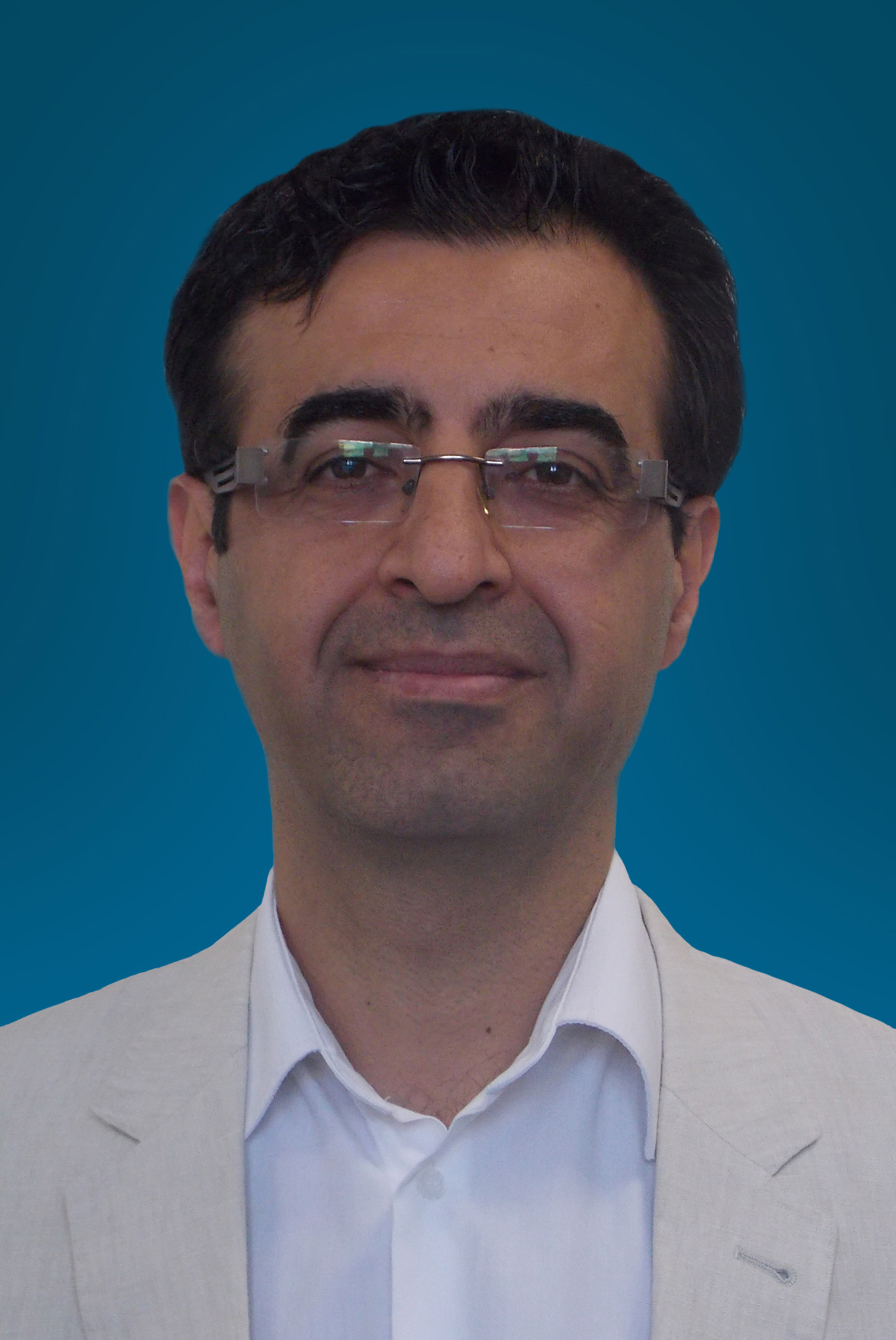Experts
Kawa Hassan

Former Nonresident Scholar, Middle East Center
About
Kawa Hassan is no longer with Carnegie Middle East Center.
Kawa Hassan is a nonresident scholar at the Carnegie Middle East Center, where his research focuses on Kurdish and Iraqi politics, civil society and democratization, donor assistance, and transition processes, especially in the Middle East.
Hassan is director of the Middle East and North Africa Program at the EastWest Institute’s Brussels office, where he leads track two initiatives focused on countering violent extremism. He coordinated the Knowledge Program Civil Society in West Asia, at Hivos, in the Netherlands. Prior to that, he was a senior policy officer for the South Asia and Southeast Asia program at Simavi. Earlier, he served as program manager in eastern Sri Lanka for FORUT and as field coordinator for the United Nations Development Program, where he led post-tsunami and post-conflict recovery programs. In addition, he worked as a media analyst on Dutch television and radio and as an interpreter and translator for refugees and asylum seekers.
Hassan is the author and co-editor of a number of policy papers, including “Kurdistan’s Politicised Society Confronts a Sultanistic System” (Carnegie, 2015), “Kurdistan’s Democracy on the Brink” (Foreign Policy, 2015), “Transition Debates in a Transforming Middle East” (Hivos, 2014), “Strategic Implications of Dignity Revolutions for Western Donors” (Human Rights Funding News, 2013), and “Building the Future Today: Engendering Syria’s Transition” (Hivos, 2013). Hassan is a regular commentator on international, regional, and Dutch media about Iraq and Middle East affairs.
Areas of Expertise
Education
M.Sc., University of Amsterdam , Studied English and German at the University of Al-Mustansyriah
Languages
Arabic, Dutch, English, German, Kurdish